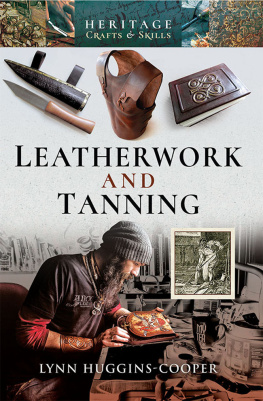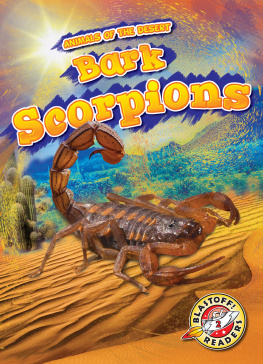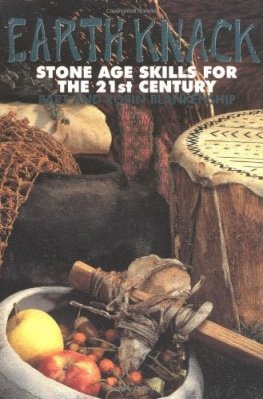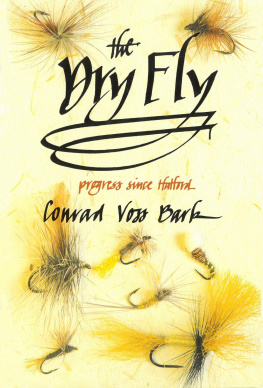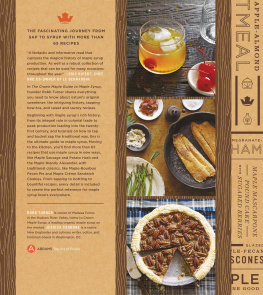Transcribers Note: This old text is preserved as printed apart from the correction of the following apparent printing errors:
Extroardinary changed to Extraordinary
luberous changed to tuberous
perpencular changed to perpendicular
Veiws changed to Views
cheifest changed to chiefest
Text printed in an Irish typeface is denoted by use of the font Old English Text MT or Old English. Without one of these fonts installed you may not be able to discern any difference from the surrounding text.
A
METHOD
OF
TANNING
WITHOUT
BARK.
(decorative image)
DUBLIN:
Printed by A. Rhames , Mdccxxix
TO
His Excellency
William Conolly, Esq;
SPEAKER
OF THE
House of Commons of Ireland.
And to the Rest of the
Members of That HOUSE.
THIS
METHOD
OF
Tanning without BARK
Is humbly inscribed
By Their most
Obedient Servant,
William Maple.
THE
Method of Tanning
WITHOUT
BARK.
In Political Computations, the following Principles are universally allowed.
That the Riches of every Country arise from the Natural Produce of the Earth; and the Labour and Art, imployed in improving the same.
That the Quantity of Native Commodities, the Source of Riches, is in Proportion to the Number of People, fully and usefully employed.
That every industrious Person adds to the Wealth, and Support of a Nation; and every Idler, detracts from both, by living on the Labour of Others.
That it is the best Policy in any Government, to encourage, and provide for the full Imployment of the People; since thereby, the Number, Wealth, Strength, and Quiet of the Inhabitants are increased.
That the Gain, or Loss of any Nation by Trade, is known, and determined by the Proportion, which the Exports bear in Value to the Imports. On this depends the absolute Quantity of Money in a Nation; the Relative Quantity of the several Species, that composeth this Money, being ascertained by the Value imposed on those Species; either as it agrees with, or differs from the Value set thereon by other Nations.
A Nation certainly loses by a Trade, whose Exports are not compleatly manufactured, and whole Imports are fully wrought.
A few Manufactures will serve to exchange for great Quantities of the simple Produce of the Earth. The Value of Manufactures, being principally owing to Labour and Art.
If upon these Principles, we examine the State of the Trade of Ireland; I fear we shall find it, in a very declining, and ruinous Condition.
Our Exportations are made up of Wool, Woorsted, Linnen, Yarn, Beef, Butter, Cheese, Tallow, Hydes, Skins, and a few other Articles.
We are not allowed to export our Wool and Woorsted, but to a few Ports in England, and are prohibited from sending thither, or any where else, any other of our Woollen Manufacture. Linnen, and some tanned Hides are the only Commodities we export, compleatly Manufactured; Yarn and Woorsted may be accounted but as half-wrought; Almost all the other Articles are but little removed from the State, Nature has given them to us, and have little or no Labour or Art employed about them.
At the same Time, we export so liberally the Growth of our Country, and so little of our Manufactures, we may observe all our Importations are of such Commodities, as are not capable of farther Improvement; such as East-Indian and West-Indian Goods, Druggs, Wines, Spirits, Manufactures of Wool, Silk, Linnen, Iron, Brass, Glass, &c. Nay, the common Produce of almost all Countries, as Corn, Timber, and Fireing, are imported in great Quantities to supply our Necessities.
By this Management of our Trade, we maintain many Thousands in foreign Countries, and drive Numbers of our own People from us, or leave them to starve at home, for Want of Imployment.
If to this View, we add that mighty Drain of our Bullion, made by those Gentlemen, who, having great Estates in this Kingdom, choose to spend them any where, rather than at home: We can not be at a Loss, how to account for the Ballance of Trade, running against us, for so many Years past.
The most certain Way left to retrieve our Affairs, is to lessen our Imports, and to encrease our Exports, especially of Manufactures.
The Commissioners of the Linnen Manufacture, by an unwearied Application and uncommon Skill, have contributed greatly to the Value of our Exports, by the Advancement of the Linnen Manufactury. And I dont doubt but that in several other Articles, divers Expedients and Means, may be thought of, for promoting a greater Consumption of our Own, and lessening that or foreign Commodities; and as one Instance, I shall beg Leave to propose an Improvement in our Tannage, by which I apprehend, we shall be enabled to Tan with the Produce of our own Country all the Hydes that now are Exported Raw; and thereby increase the Value of our Exports, employ many Thousands of our People, and avoid the Necessity of Importing Bark.
To set this Matter in a clear Light, I shall lay down, in the first Place, the Export of Green Hydes, and the Import of Bark, in the seven following Years, for the Whole Kingdom, as the same has been extracted out of the Custom-House Books.
| Years. | Gr. Hydes. | Bark Bs. |
|---|
| 1721 | 46,847 | 46,556 |
| 1722 | 86,004 | 45,794 |
| 1723 | 123,514 | 47,824 |
| 1724 | 103,477 | 60,740 |
| 1725 | 69,858 | 48,407 |
| 1726 | 60,441 | 45,279 |
| 1727 | 57,373 | 50,598 |
In the next Place it is to be observd,
That Bark, according to its Goodness, is sold from 6 to 10, and in some Years, 11 Shillings, the Barrel.
That Cow-Hydes weigh from 56, to 84 Pounds each; Bullock Hydes, weigh from 84 to 140 Pounds each, and both are sold from 15 to 21 Shillings, the hundred Weight.
That Soles, are generally sold from 8 to 8 Pence half-penny the Pound.
That Hydes generally lose about half their Weight, in Tanning.
From these Principles, when thrown into mean Proportionate Quantities, it is evident:
That the Quantity of Bark, annually imported, is 50,000 Barrels, and the Value 21,000 Pounds.
That the Number of Green Hydes, annually exported, are 80,000, and their Value 57,000 Pounds.
That if these Green Hydes were tanned before Exportation, their Value would be 123,000 Pounds.
That the Difference, arising from the Different State of these Hydes, on Exportation, is 66,000 Pounds, which Sum added to the 21,000 Pounds, the Value of the imported Bark, making in the whole 87,000 Pounds, must be accounted, as so much gained to the Kingdom, should our Tannage be effected by our own Produce and Labour.
The Nations, that demand this Export of those Green Hydes, are those, whose black Cattle are not bred, in such Numbers, as to supply their indispensable Demands; Nor will their dry Hydes, which they receive from their Settlements abroad, admit a thorough Tannage; They, in hopes of putting their Neighbours, who have a Redundancy of Hydes, under a Necessity, of parting with them unmanufactured, have prohibited, by the severest Penalties, the sending us any Bark. While we, on the other Part, have not only complied with this detrimental Export; but also have been so regardless of our own Interest, as to permit several Tanners, some from this City, to go, and instruct them in an Art, they almost were Strangers to.





